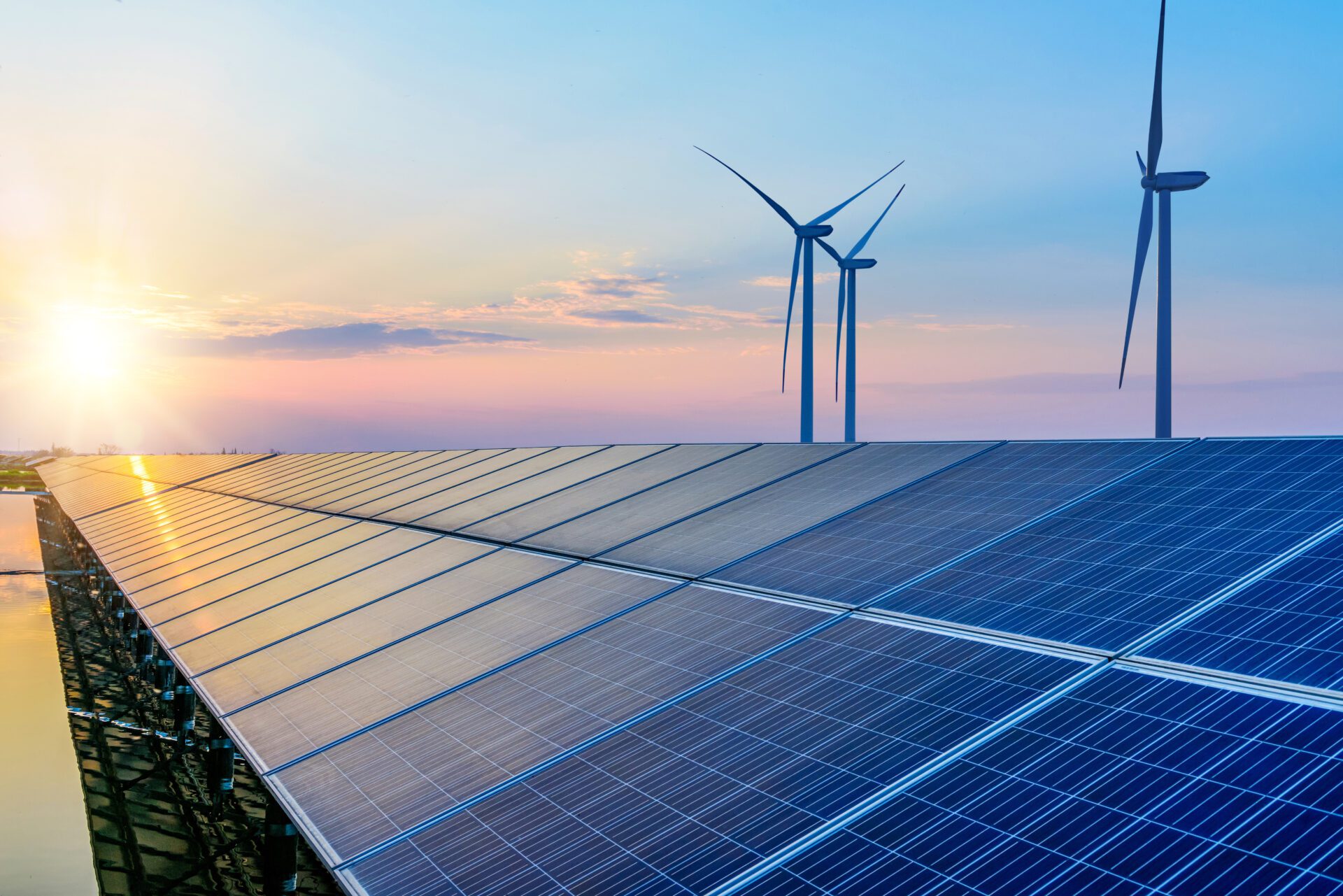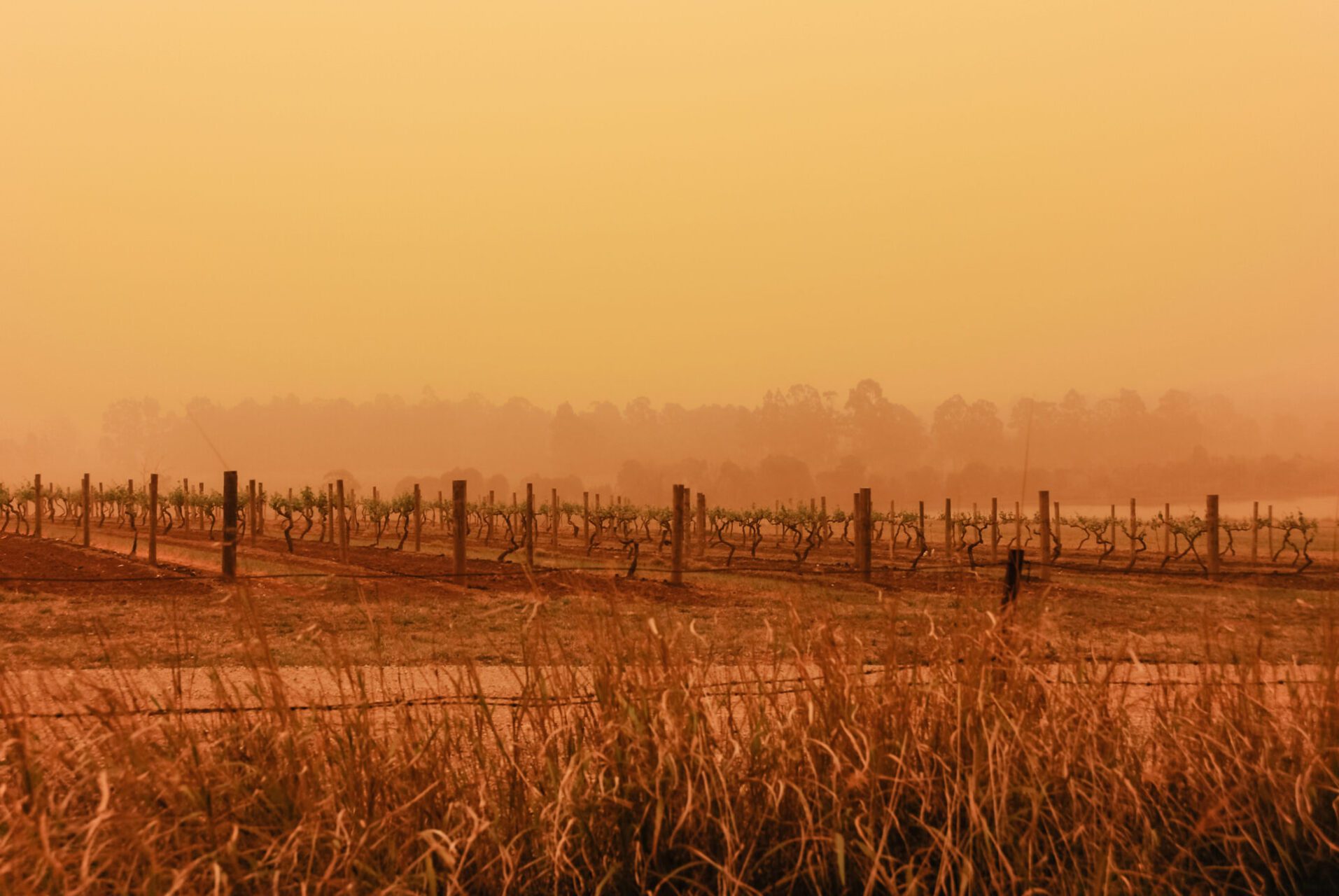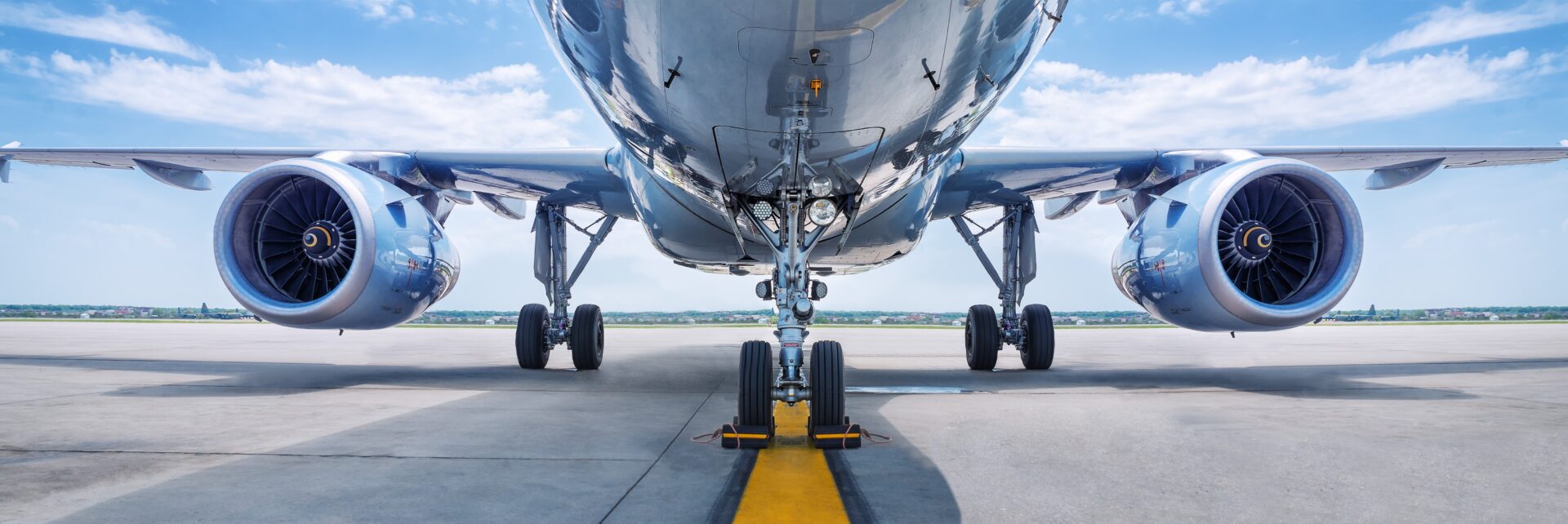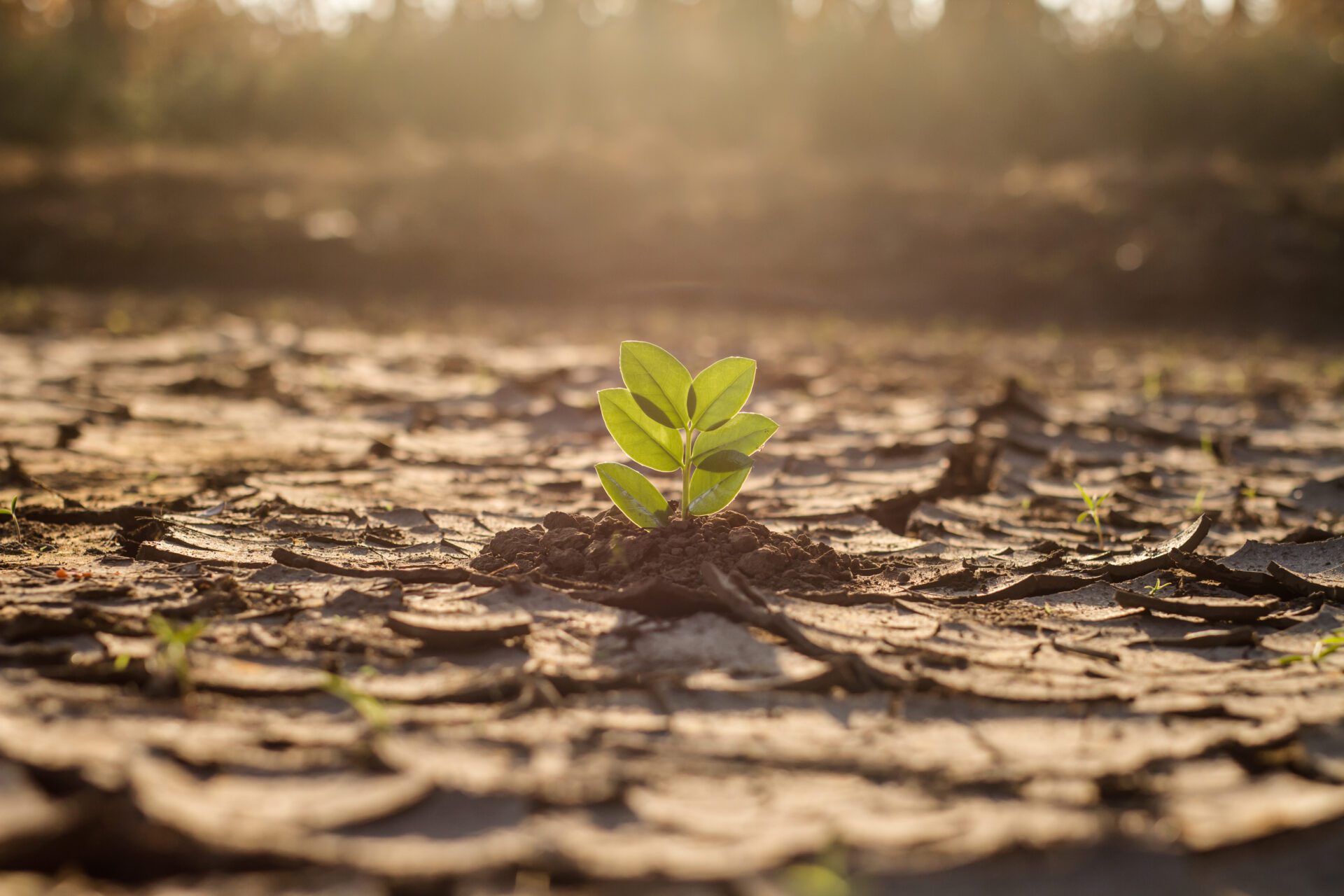Circular Economy has been a key regional focus for the Hunter JO since its inception, with a number of Circular Economy projects highlighted in the Hunter JO Strategic Plan. A circular economy exchanges the typical cycle of make, use dispose in favour of as much re-use and recycling as possible, reducing waste and extending the lifetime of products by recycling them in new and innovative ways.
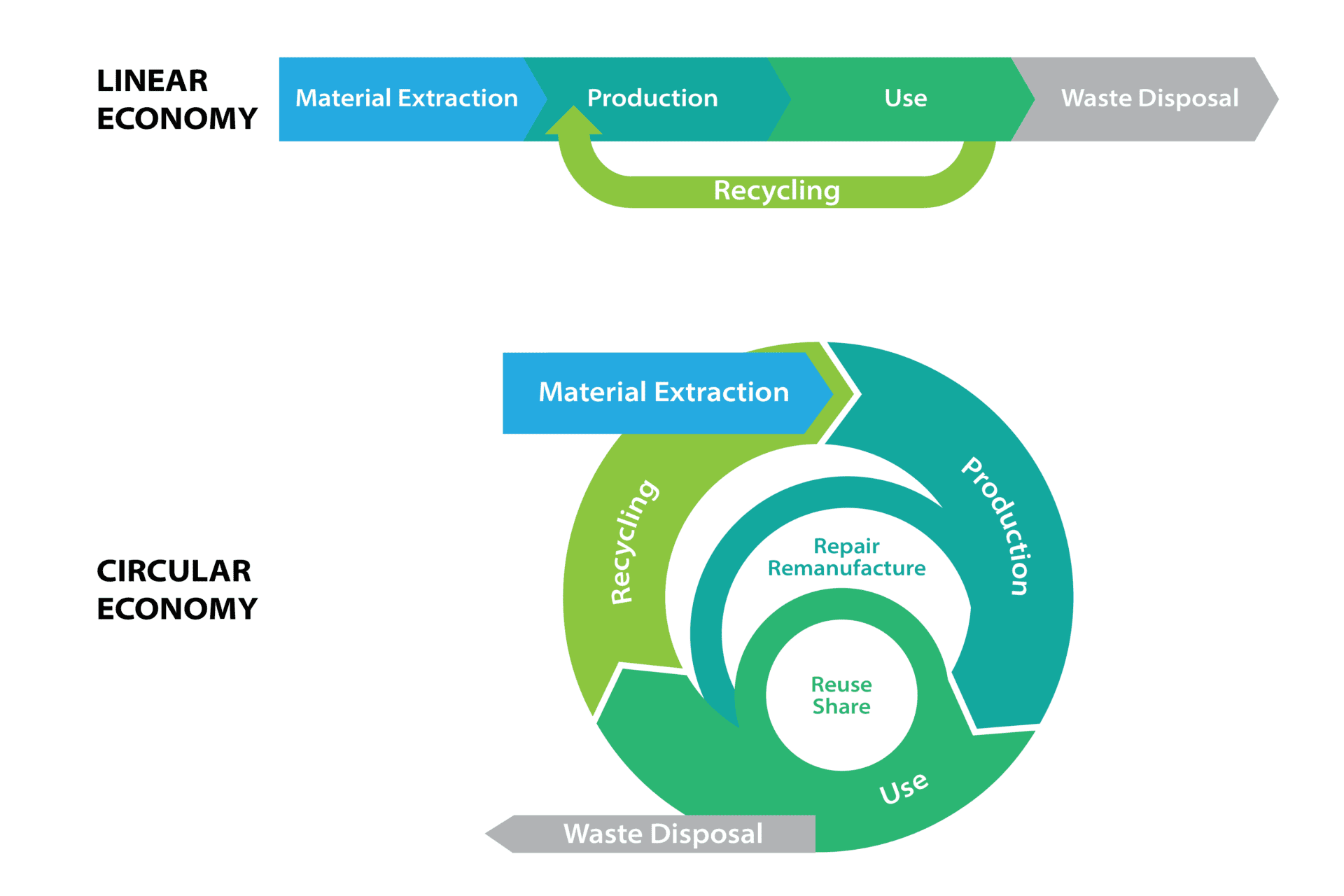 We have a Circular Economy Subcommittee chaired by Cr Kay Fraser, Mayor of Lake Macquarie City Council, with representation from across our ten Member Councils which focuses on a range of projects within the space. Together we are creating an opportunity for a more circular economy in our region.
We have a Circular Economy Subcommittee chaired by Cr Kay Fraser, Mayor of Lake Macquarie City Council, with representation from across our ten Member Councils which focuses on a range of projects within the space. Together we are creating an opportunity for a more circular economy in our region.
As the largest regional economy in Australia on the cusp of economic evolution, the Hunter is perfectly positioned to take advantage of the opportunities presented by a circular economy. It is a region with established networks, a highly skilled workforce, well-connected energy and transmission infrastructure and a diverse industrial base.
Becoming a circular region requires systemic transformation, engagement, and action from all stakeholder groups in the local ecosystem. The Hunter JO supports and enables local circular initiatives as project partners and collaborators with funding from the NSW Government. The Circular Economy Subcommittee and the Hunter Central Coast Circular Economy Facilitators Group have both been instrumental in kickstarting and driving circular momentum in the region.
See the figure below for our circular journey so far:
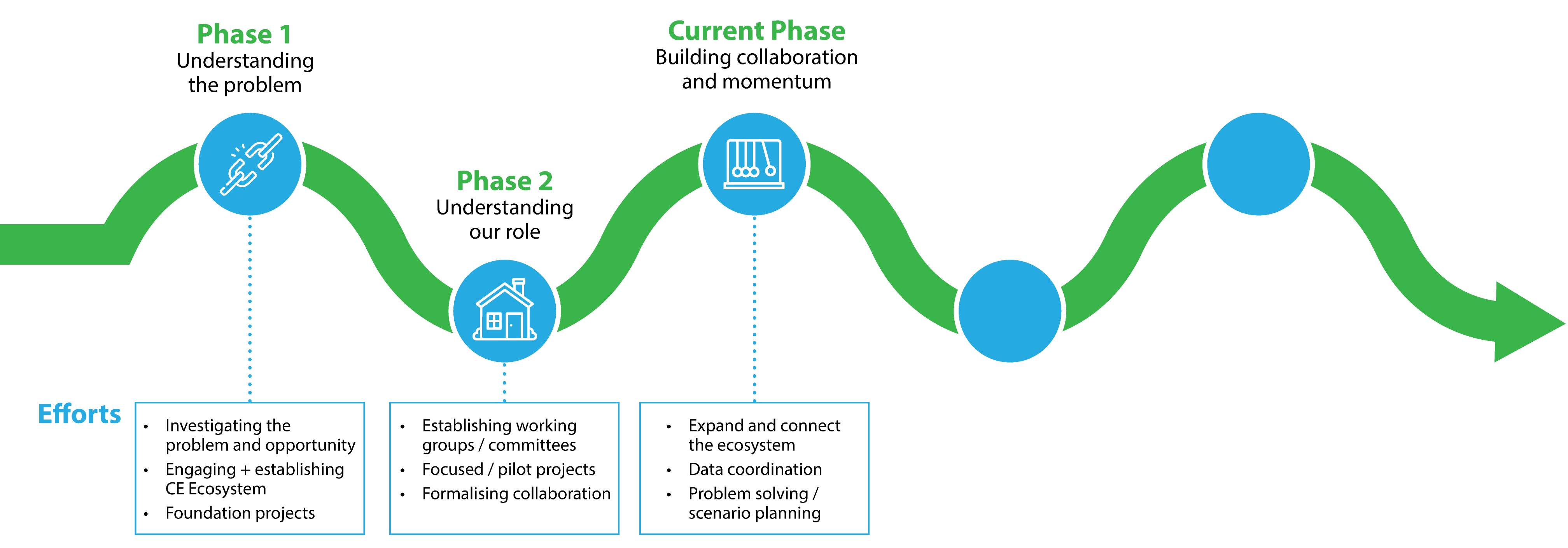
Circular economy provides a framework to design out waste and pollution, maximise value from resources using closed-loop systems, and regenerate natural systems. This circular model presents sizable economic, environmental, and social benefits for Australia, including $1,860 billion direct benefit over the next 20 years, savings of 165 million tonnes of carbon dioxide equivalent, and an additional 17,000 jobs by 2047-48 in the food, transport and built environment sectors alone.
Ecosystem Engagement
Hunter Circular Hub
Funded by the NSW Government under the Better Waste Recycling Fund, the Hunter Circular Hub is a platform created to enable cross sector collaboration and build awareness of circular economy initiatives happening in our region. It supports knowledge sharing, ecosystem connectivity and collaboration as the go-to resource for circular economy in the Hunter and Central Coast.
The Hunter Circular Hub is led by the councils of the region through the Hunter JO in partnership with key organisations and industries and aims to leverage the region’s momentum to share information, harness collective effort, drive and coordinate cross-stakeholder efforts, and foster the progress of the Hunter’s circular economy. The Hunter Circular Hub represents the culmination of the region’s efforts in transitioning to a circular economy and is centred on facilitating involvement, drawing people from the broader ecosystem to participate in the circular economy.
The website maps the Hunter’s progress in this transformation and connects projects and initiatives being led by key stakeholders across the region. It can serve as a source of inspiration and knowledge, providing a guide for other industries and regions to follow suit. It also connects people with local success stories, upcoming events, and important news and resources to enable uptake of circular principles. The Hub’s circular directory connects stakeholders together and enables collaboration through a database of local businesses, groups and other organisations that make up our region’s circular ecosystem.

Check out the Hunter Circular Hub today!
Circular Events
Hunter Circular hosts circular economy focused events throughout the year. These events include think tanks and networking events among others, and all foster collaboration among circular economy stakeholders to enable systematic evolution towards a more sustainable future in the Hunter.
For more information about upcoming and past events please visit the events page on the Hunter Circular website.
In the Loop: Hunter Circular Newsletter
The Hunter Circular Newsletter is a quarterly Email Direct Marketing publication, delivering circular economy news to the inbox of interested stakeholders both within and outside the Hunter. The newsletter includes news, project updates, and event information. If you would like to stay informed and engaged, please sign up to the newsletter here.
Hunter Circular Stakeholder Ecosystem
Becoming a circular region requires systemic transformation, engagement, and action from all stakeholder groups in the local ecosystem.
This image shows a simplified model of how our ecosystem is organised. In the tightest circle, we have the transition brokers and backbone organisations. They help bring various actors together and facilitate collaboration for circular outcomes.
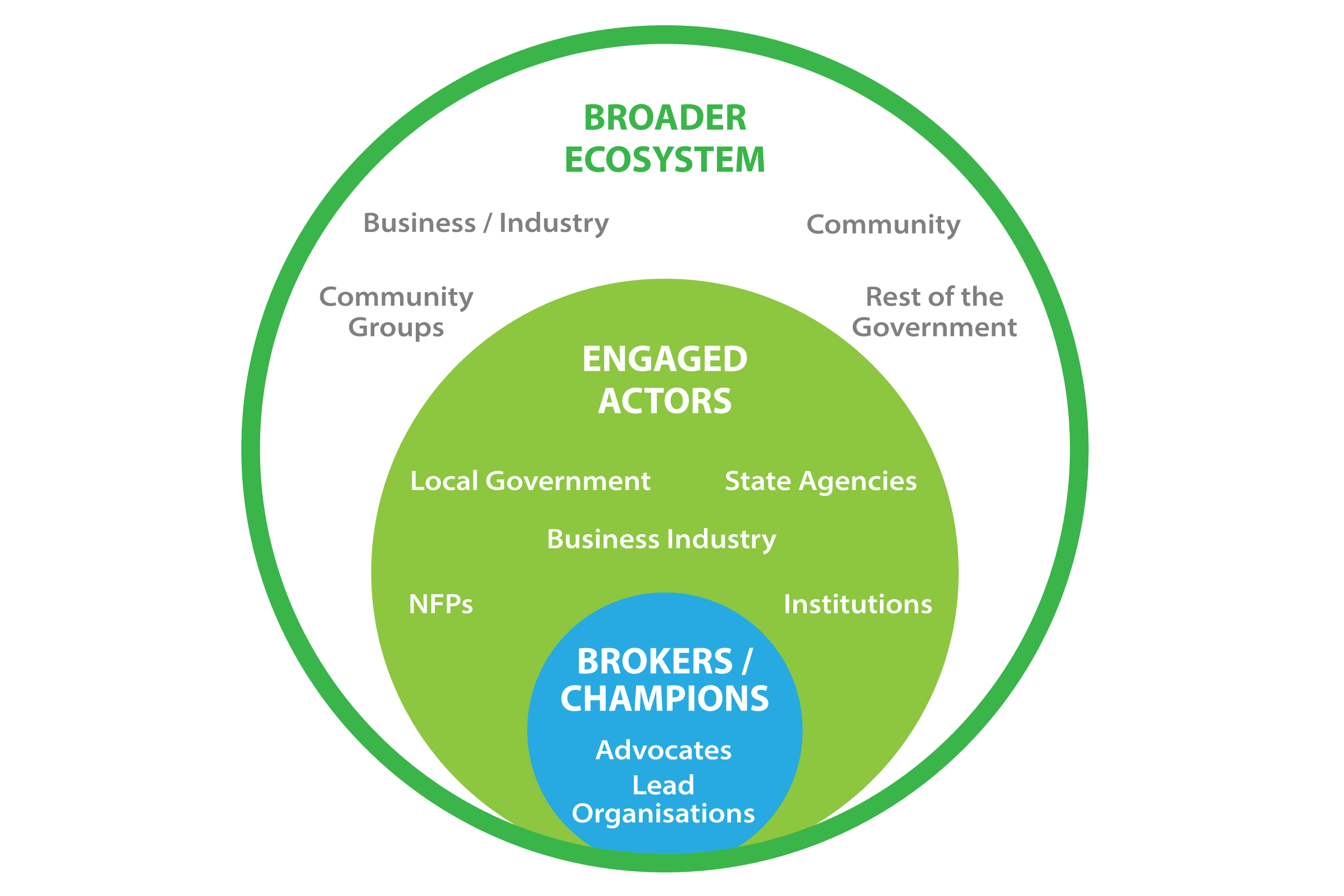
On the next level out, we have engaged actors. These are organisations across a broad range of sectors that are interested in circularity outcomes at different degrees of maturity. On the outer circle is the broader ecosystem who have varying levels of awareness and engagement in circular transition.
The Hunter JO, as a backbone organisation, supports and enables local circular initiatives as project partners and collaborators with funding from the NSW Government.
An important group to acknowledge, is the Hunter Central Coast Circular Economy Facilitators Group (CEFG). Their work has been instrumental in kickstarting and driving circular momentum in the region.
This group was established to:
- Share information
- Harness collective effort in the region
- Drive and coordinate cross-stakeholder efforts toward a circular economy
- Avoid duplication and foster the progress of the circular economy
For more information on specific roles in the region’s circular economy, head to our roadmap.
Circular Economy Roadmap
The Hunter and Central Coast Circular Economy Roadmap showcases our successes and sets a path for the next 12 months for us to collaborate and accelerate towards our longer term shared vision of being Australia’s leading regional circular economy. It knits together the region’s progress and sets next steps to accelerate the transition, align and leverage collective vision for a circular and sustainable region.
With a view of our region’s strengths and challenges, we have co-designed this Roadmap alongside our stakeholder ecosystem. It prioritises initiatives based on their feasibility and potential to create local benefits. The Roadmap provides, not only a comprehensive list of initiatives happening across the Hunter and Central Coast region, but also lays out the methodology for adding, maintaining, and prioritising intitiatives on a quarterly basis.
Access the Full Roadmap Document or our Interactive Roadmap on the Hunter Circular website.
Current Projects
Circular Precincts and Futures Hub
Our Circular Precincts and Futures Hub project is a comprehensive exploration of opportunities in the Hunter region to bring the circular economy into reality. Each precinct would represent a key part of the Hunter and outline the potential for circular materials processing, renewable energy production and value-added businesses delivering diversified employment opportunities and new industries to the region.
This project can demonstrate how the circular economy can be put into action and the potential it has to unlock $600 million of investment in our region. It can also develop a model that can be utilised and replicated across the state to make NSW the national powerhouse of circular economy and carbon sequestering organics processing. These outcomes will provide certainty to industry and government, and inform what is needed in terms of funding, skills, and infrastructure to develop these precincts.
Head to the Hunter Circular website to find out more.
Hunter Circular Knowledge Hub
The Hunter Circular Knowledge Hub is a pilot digital platform designed by the Hunter JO and funded by the NSW Environmental Protection Authority (EPA). It will cater for two distinct user groups – council staff, and the wider community. The key aim of the project is to address the inaccessibility of information and barriers to knowledge that contribute to the lack of uptake of circular services and recovery pathways in the Hunter region.
The project will gather information on existing services and solutions available in the region and present this information in a user-friendly digital format tailored specifically to meet the needs of each group. To effectively target each group this project is being delivered as two parallel streams.
Head to the Hunter Circular website to find out more.
Hunter Hospitality Circularity Network
The Hunter Hospitality Circularity Network is a program that will work with hospitality businesses in the region over two and a half years to help improve the circularity of their operations. This project is funded by the NSW EPA’s Bin Trim Networks Grant and is hosted by the Hunter JO in partnership with local organisation, Go Circular.
Participating businesses will receive a Bin Trim waste assessment and be advised of practical steps they can take to adopt circular solutions for their business operations and supply chains. Businesses will also be invited to participate in network activities including peer to peer learning opportunities.
Historic Projects
We also have a number of waste and resource recovery projects, find out more here.
To find out more about the Hunter JO’s Circular Economy Program, please contact:
Eloise Lobsey, Program Lead on eloisel@hunterjo.com.au
Stephanie Reilly, Project Officer – Circular Economy on stephanier@hunterjo.com.au
